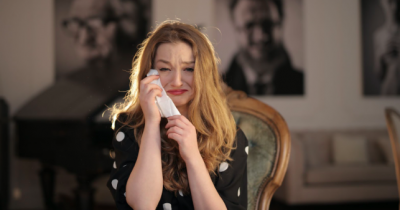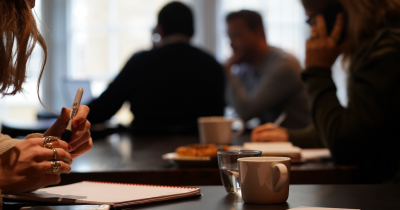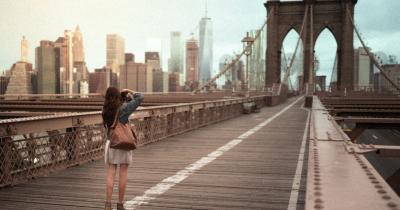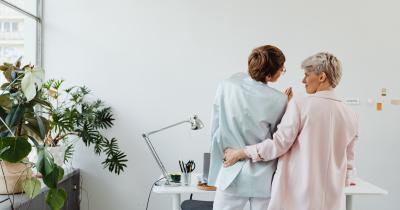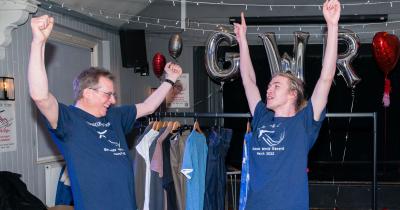As we enter a new year, we dust off the old crystal ball and take a look at how trends, tech, and economic predictions could help freelancers prepare for 2023.
TIK-TOK’S CRYING MAKE-UP TREND - SHOULD WE BE WORRIED?
There’s a new beauty trend taking hold of the internet. Long gone are the days of using make-up to conceal your blotchy face in the bathroom at work, now the make-up artists of Tik-Tok have made tears fashionable.
FREELANCER CLUB MEMBERS FIND A NEW HOME!
The Freelancer Club is delighted to announce a new partnership with Ninety One Living Room, a vibrant creative space located in the heart of Brick Lane, Shoreditch. Ninety One represents our first Club House location in Shoreditch, London. As a Freelancer Club member, you’ll be able to enjoy super-fast Wi-Fi, plenty of comfortable spots to work from both in and outdoors and major discounts on food, drink and even their spacious private meeting rooms for hire.
THE IMPORTANCE OF A GENUINE CLIENT-FREELANCER RELATIONSHIP
After the last few years of pandemic restrictions, it’s understandable that people are feeling a little disconnected from each other. This separation can often have an impact on our creativity, and stifle the growth of our businesses, whether as a freelancer or a client. While some may think that hiring a freelancer is all about matching their skills to a particular task, it’s equally important to determine the kinds of personalities that you enjoy working with. Cultivating strong, long-term relationships with compatible freelancers will always produce better results for your business.
FREELANCER CLUB TO LAUNCH IN NEW YORK CITY
On the 1st of May, Freelancer Club is launching its first international location in New York City. We’re starting small, focusing on photographers, models and hair/makeup artists within the Brooklyn area, before gradually branching out to the rest of the city and beyond. We decided to start in Brooklyn thanks to its vibrant creative scene, full of exceptional creative individuals who are feeling disconnected and undervalued. Those we spoke to highlighted the need for a community platform such as the Freelancer Club to help them facilitate connections in a more meaningful way.
THE NUMBERS BEHIND FEMALE FREELANCING
Whilst the numbers of female freelancers have been steadily rising since 2008, they still make up less than half of the UK’s freelance workforce. But it’s not enough to simply have more women in the workplace. Over 46% of women found that freelancing proved to be more of a challenge than they expected - with the figures showing a pattern of unique issues plaguing the female entrepreneurs attempting to advance their freelance careers. What are these issues and why are there still so many?
CREATIVE CONNECTIONS: BREAKING RECORDS WITH MIKE HOGAN
Mike Hogan from A List Photography has always been fascinated by world records. After seeing the call on The Freelancer Club, he jumped at the chance to document Edward Draper’s recent Guinness World Record attempt to be the fastest team of two to hang up ten items of clothing.
WHY SHOULD WOMEN GO FREELANCE?
Despite numerous challenges, more women than ever before are choosing to start their own businesses as a way to fight back against their workplace troubles. But why is freelancing the better option for these women?

